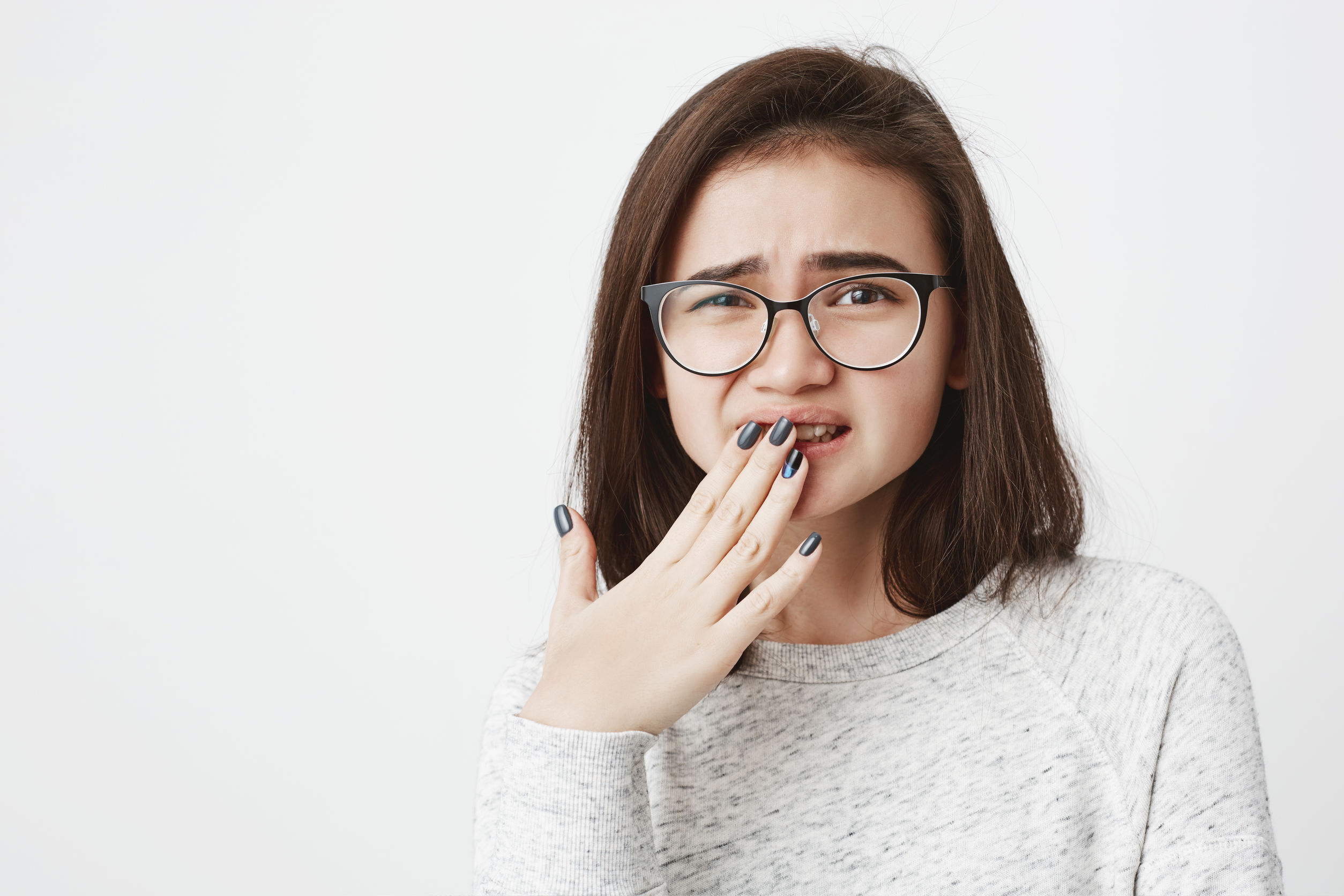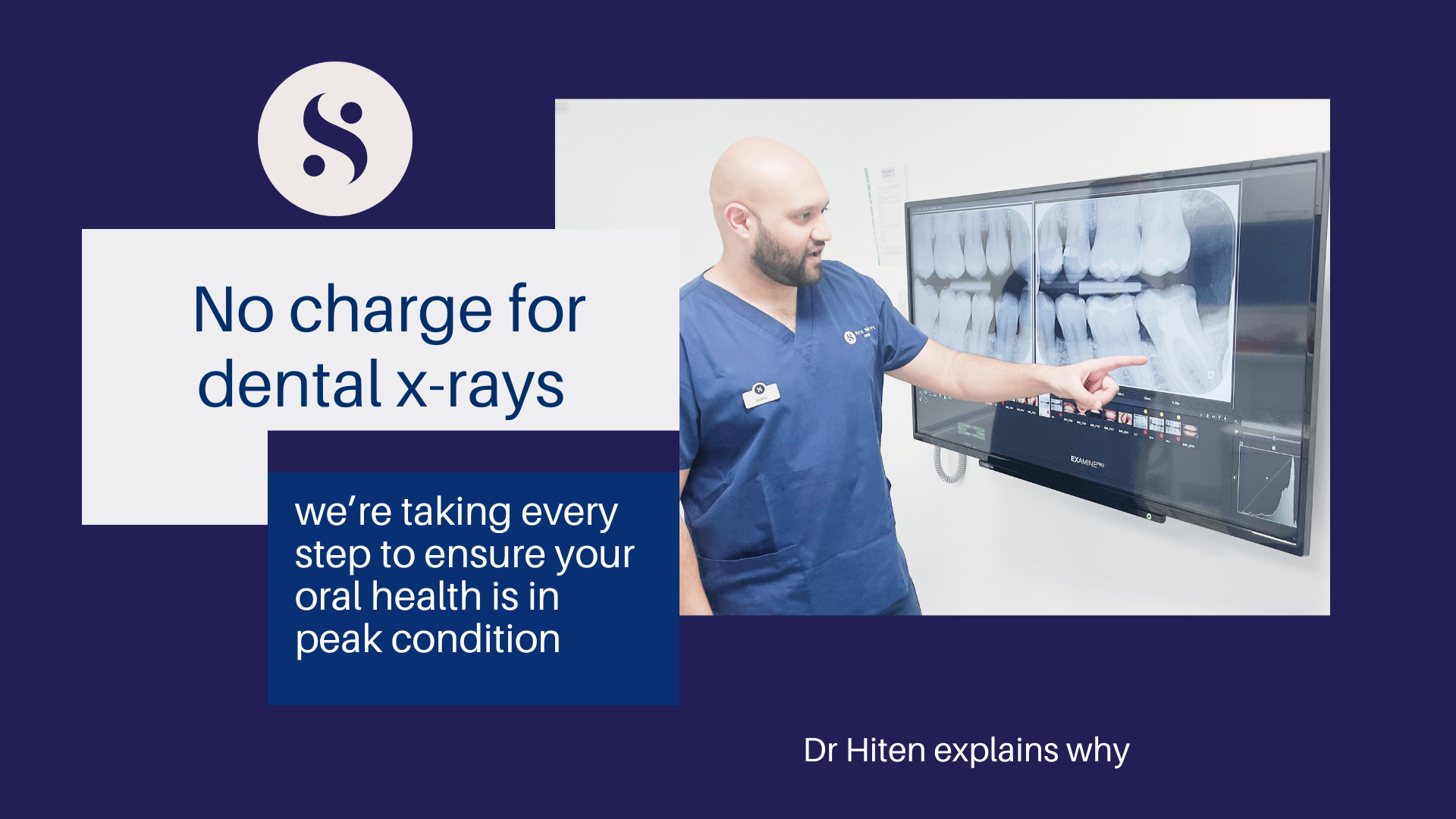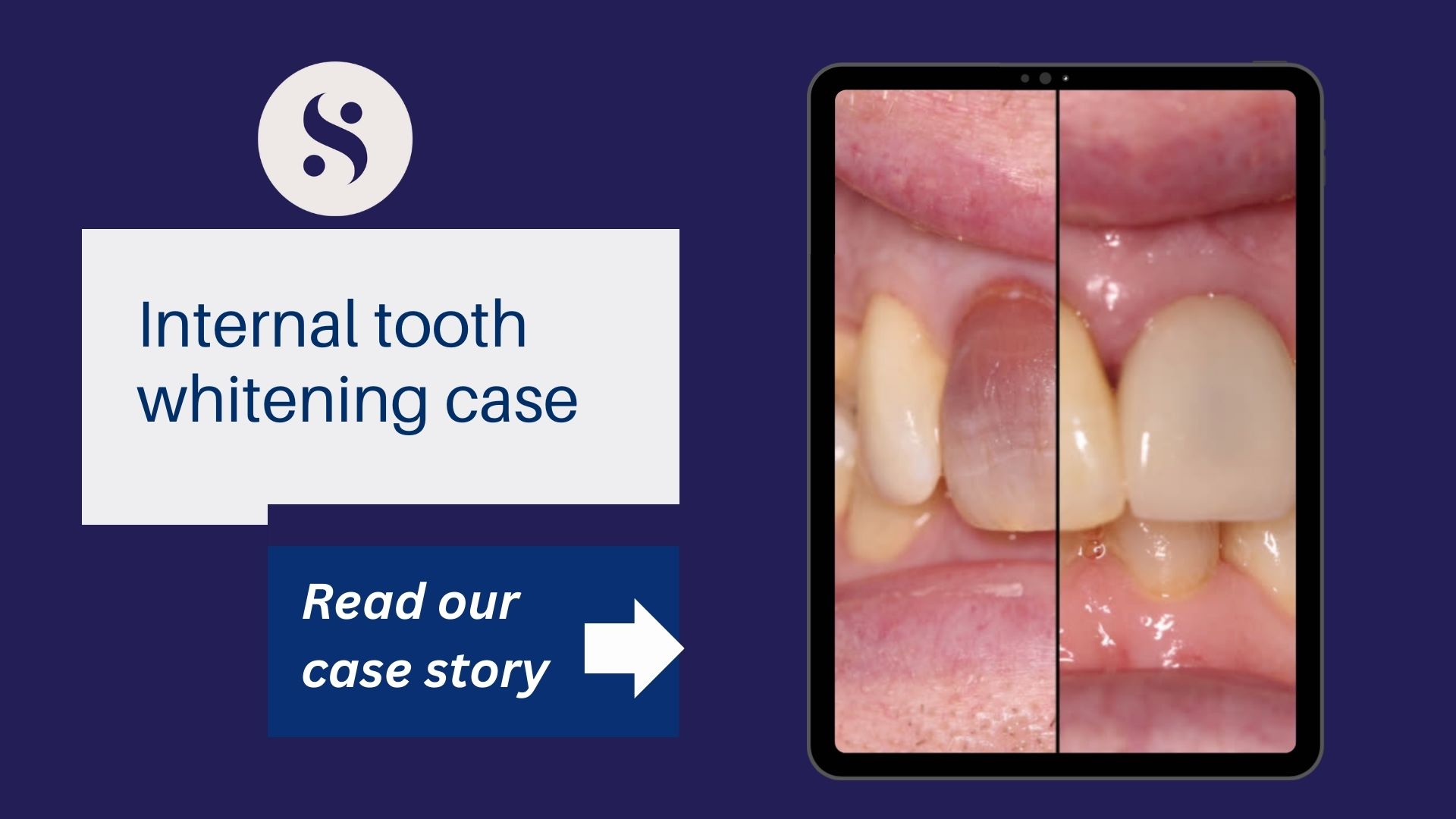Wake up, brush your teeth, shower, breakfast, Zoom meeting, lunch at the desk, more meetings, squeeze in a gym session, dinner and finally bed. Repeat until the weekend. Sound familiar?
We all run on autopilot from time-to-time and once we get into the rut of our daily routine it can be hard to break habits. This could mean you’re overlooking or unaware of habits that could be damaging your oral health.
1. Brushing your teeth after breakfast
Many people are in the habit of brushing their teeth after breakfast, thinking it’s best to remove all the bits of avocado-on-toast stuck in teeth before heading out of the door. The acids and sugars in your food can change the pH level in your mouth, so by brushing straight after you eat, this can result in you scraping off the softened enamel as you let the acid set even deeper into the teeth.
Make sure to brush your teeth before breakfast or wait around 40 minutes after eating breakfast to brush your teeth.
2. Brushing in the shower
Time is precious in the morning and brushing your teeth in the shower is a genius kill-two-birds-with-one-stone idea, right? Wrong. Multi-tasking like this can lead to you missing areas of your teeth.
3. Juice for breakfast
Juicing seems like a great idea. It’s delicious, seems healthy and you can have it on the go. However, when fruit is broken down, the natural sugars are released. A single glass of apple juice can contain around 7 teaspoons of sugar. The sugar and acidic nature of fruit juices can mean bad news for your oral health. Drink juice in moderation, with a glass of water afterwards.
4. Not drinking enough water
Drinking water is one of the best ways to prevent cavities and gum disease. It can help stop plaque build-up, protect your tooth enamel and washes away leftover food and residue that cavity-causing bacteria love to eat.
5. Brushing too hard
The harder you scrub, the cleaner it is, right? Wrong. This might be the case when you’re talking about the kitchen worktops, but not when it comes to your teeth. Brushing too hard can cause gum irritation and enamel erosion. Brush with a gentle, circular motion instead and if you’re using an electric toothbrush, let the brush do majority of the work for you.
6. Rinsing after brushing
Fight the urge to rinse after brushing your teeth, as doing so washes away the protective fluoride contained in your toothpaste.
7. Grinding (bruxism)
Bruxism could be brought on by several things and is a common cause of stress. It can lead to jaw pain, headaches, and worn-down teeth. Book an appointment with us for advice and to be fitted with a night-guard to help protect your teeth.



